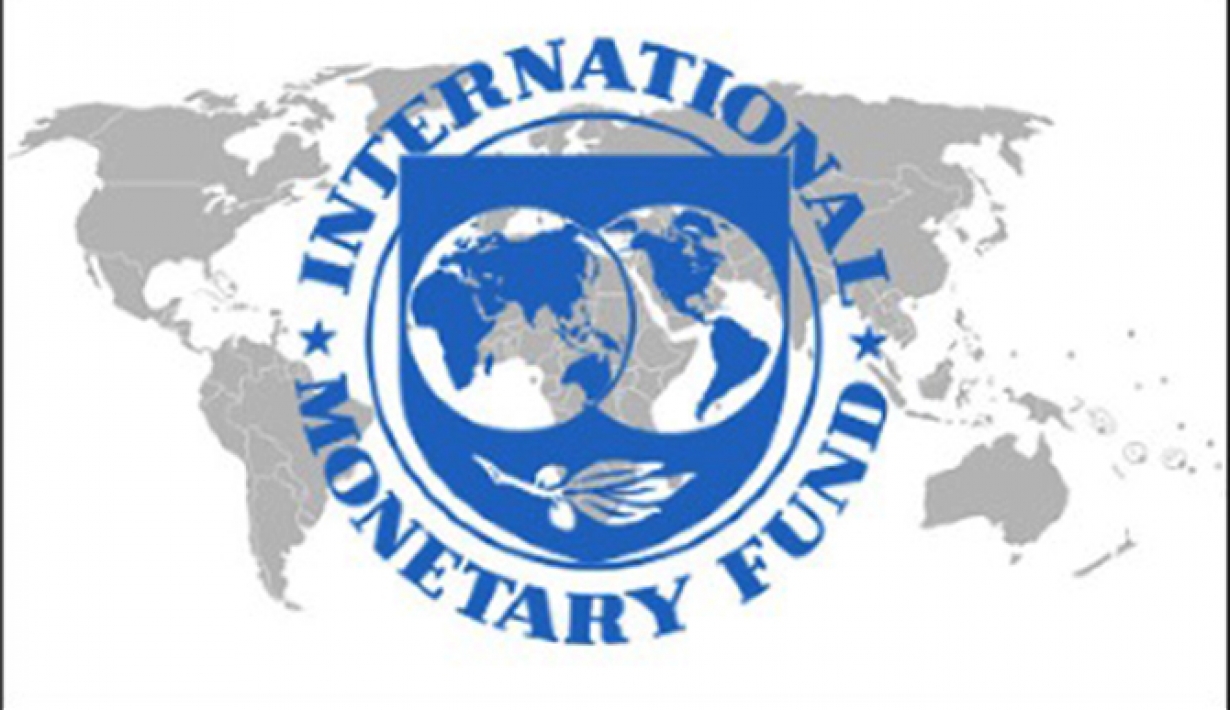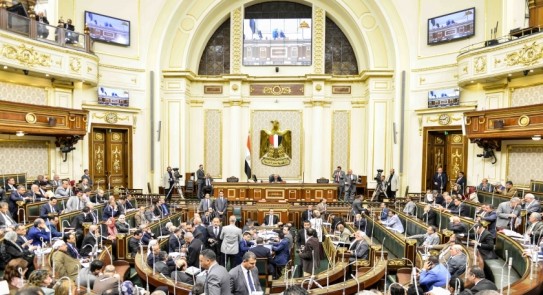The International Monetary Fund (IMF) has warned of financial risks due to the high debt in Egypt, especially in light of the major local and global economic turmoil caused by the coronavirus pandemic. In a report published on its website, the IMF decided to raise the interest rate for Egypt, in order to exceed the borrowing ceiling. This report is a rare public criticism from the IMF of the economic policies of the Egyptian regime, although the IMF has tried to maintain a good relationship with the Egyptian government throughout the previous years, and provided more than a loan.
The fund revealed the details of the last loan that it agreed to grant Egypt last Friday at a value of $5.2 billion, indicating that Egypt’s total borrowing exceeded 187.5 per cent of its share in the fund, and so an additional fee of 200 basis points (two per cent) will be applied to the interest selected. The report indicated that the interest rate on borrowing is set at 100 basis points on the interest rate for special drawing rights and is currently 0.082 per cent, adding that the additional fees will rise to 300 basis points if Egypt’s borrowing remains above 187.5 per cent of its share after three years. He pointed out that the Egyptian government will pay the loan in eight equal quarterly installments starting after three years and three months from the date of receiving the loan, so that the first payment will be paid in September 2023.
The Monetary Fund said that public debt in Egypt is still high, and is expected to reach 93 per cent of its GDP by the end of the fiscal year 2020/2021 (on June 30), after falling to 85 per cent in the fiscal year 2018/2019. He pointed out that the corona crisis caused great pressure on the state’s public finances, stressing the need to work to reduce public debt.
The fund stressed that “the authorities must take steps to extend the maturities of debts and enhance revenue mobilisation in the medium term to reduce total financing needs and create financial space for priority spending.” He pointed out that $2 billion dollars will be spent from the new loan, while the remaining $3.2 billion will be disbursed in two installments within 12 months, after two reviews by the IMF of the economic measures taken by the Egyptian government.
This is the third loan that the government has borrowed from the International Monetary Fund in less than four years, when it signed an agreement in November 2016, according to which it received $12 billion, and then received urgent financing in March 2020 worth $2.7 billion to meet the fallout from corona. Although Egypt obtained loans from the International Monetary Fund with reduced interest to finance its needs, it intensified borrowing from the international market, so that the external debt jumped to unprecedented levels during the past six years. Foreign Egyptian debts exceeded by the end of June 2020, about $124 billion, after calculating the new international loans and bonds that had been launched since the beginning of the year, compared to $112.67 billion in December 2019 and about $46 billion in June 2014.
General Abdel Fattah al-Sisi has laid many bridges and paved roads, especially in Cairo, dug a new branch for the Suez Canal and launched building a new administrative capital that has been in operation for nearly four years in the desert of East Cairo. But those projects have drained hundreds of billions of pounds.
Economists harshly criticised these projects, noting that most of these projects are without economic benefit, and bore Egyptians heavy debts for decades to come. Egypt’s resort to the IMF comes while official data shows the reluctance of investors to cover the debt instruments offered by the government in recent weeks and they demand high rates of interest.
Interest rates on domestic debt instruments rose collectively in trading last week, in conjunction with a significant decline in the demand for their purchase by investors and financial institutions to reduce the coverage rate on short-term treasury bills to a level of 1.9 times on average, instead of 2.7 times in the previous week, while it deteriorated over the past seven years to 0.76 times, compared to 1.4 times previously. The average return on local treasury bills, according to a report by Al-Mal economic daily, rose on Monday to 12.89 per cent, an increase of 0.45 per cent from the week before.
The Ministry of Finance has faced attempts to raise interest rates on the part of investors by reducing the value of treasury bids to $17.3 billion, while the ministry had aimed to obtain funds worth EGP 27.5 billion ($1.7 billion). The latest data from the Central Bank show that the domestic debt increased to about EGP 4.18 trillion ($259.31 trillion) at the end of September 2019, while it was about EGP 1.8 trillion ($111.67 billion) when Sisi came to power.





Recent Comments